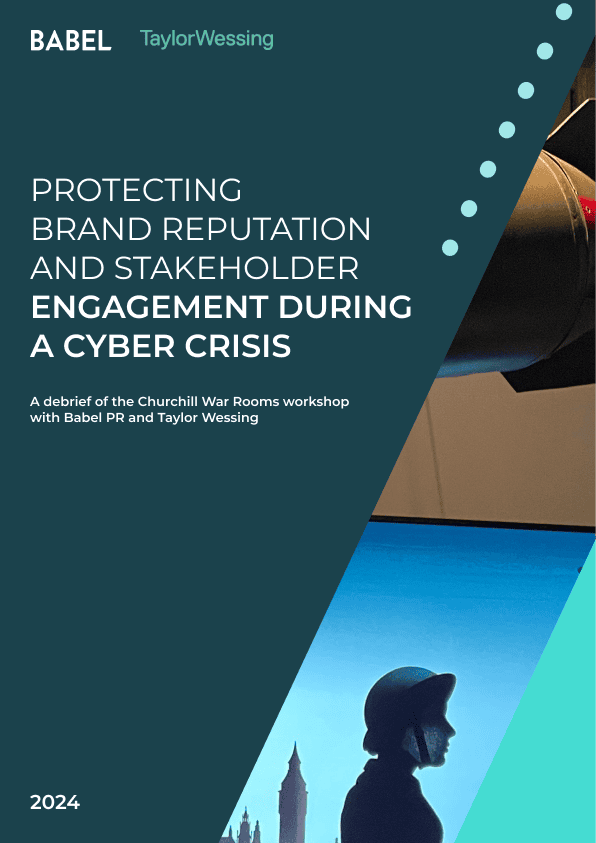Protecting Brand Reputation and Stakeholder Engagement During A Cyber Crisis
Today, cyber-attacks represent a new battle frontier that businesses must prepare for. You can’t just protect and prevent any more. You need to expect and plan for the worst. As the industry adjusts to this new reality, where some successful attacks are inevitable, modern security posture focuses more on dealing with, mitigating, and recovering from attacks. Prevention is still crucial, but incident response and recovery are becoming non-negotiables.
Responding to a cyberattack or data breach is a multi-dimensional undertaking. Beyond the operational or IT concerns, businesses need to understand how to respond and communicate to stakeholders, customers and the media in the wake of an incident. The good news is that in this day and age, headline-making incidents are all too common. Such events are not an automatic death knell for a brand’s reputation, but how a brand communicates and responds with all stakeholders after such an event can make or break public perception.
To analyse and break down the importance of this, as well as workshop potential scenarios and how best to respond, Babel, alongside global law firm Taylor Wessing, ran an exclusive event. In the heart of the historic Churchill War Rooms, teams of PR specialists, legal specialists and communication leads of significant brands took part in an exercise to see how they would respond and react following a significant cyber event. The event also featured two current journalists to get the perspective of both national and trade media on how businesses should (and shouldn’t) engage with journalists before, during and after a cyberattack.

